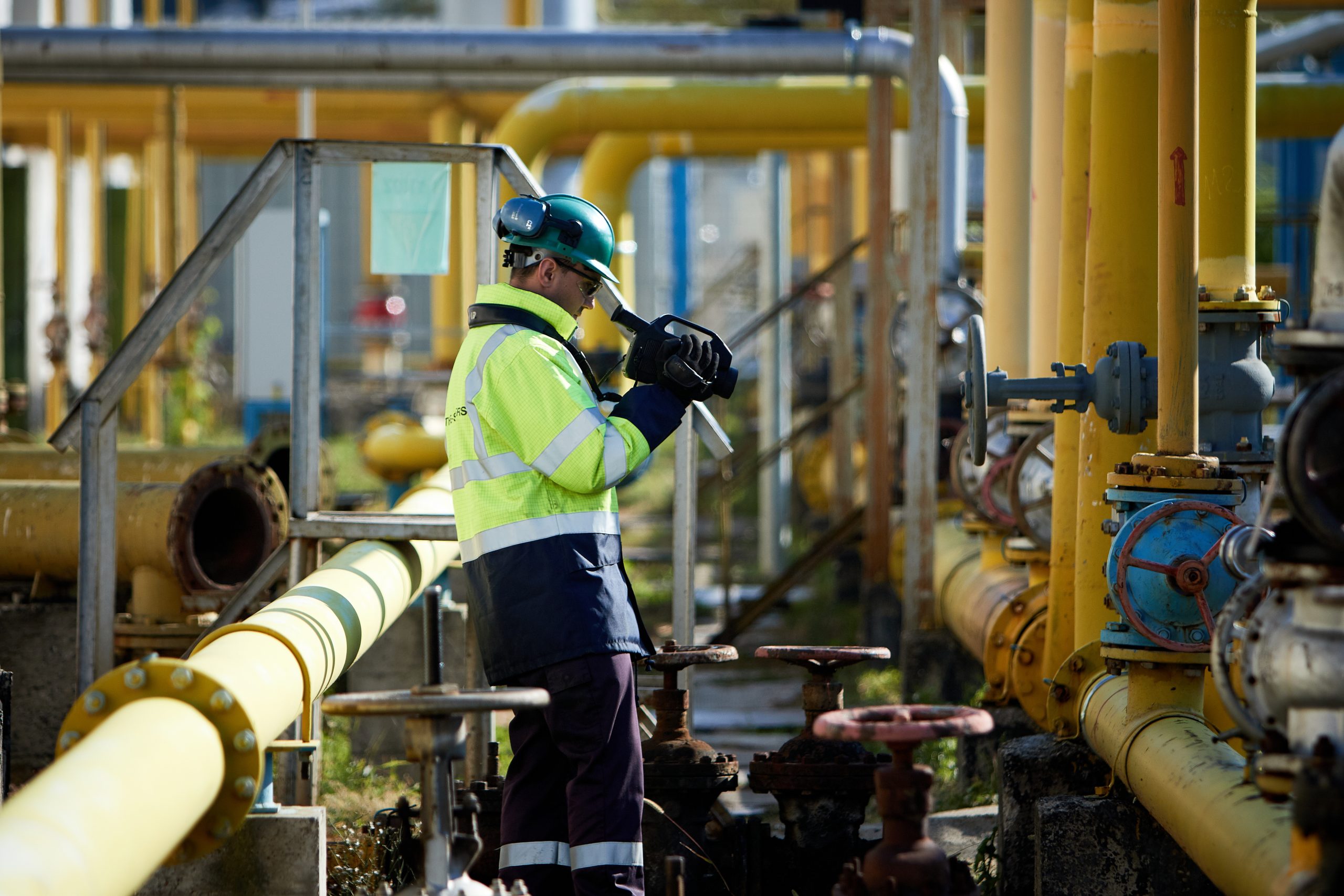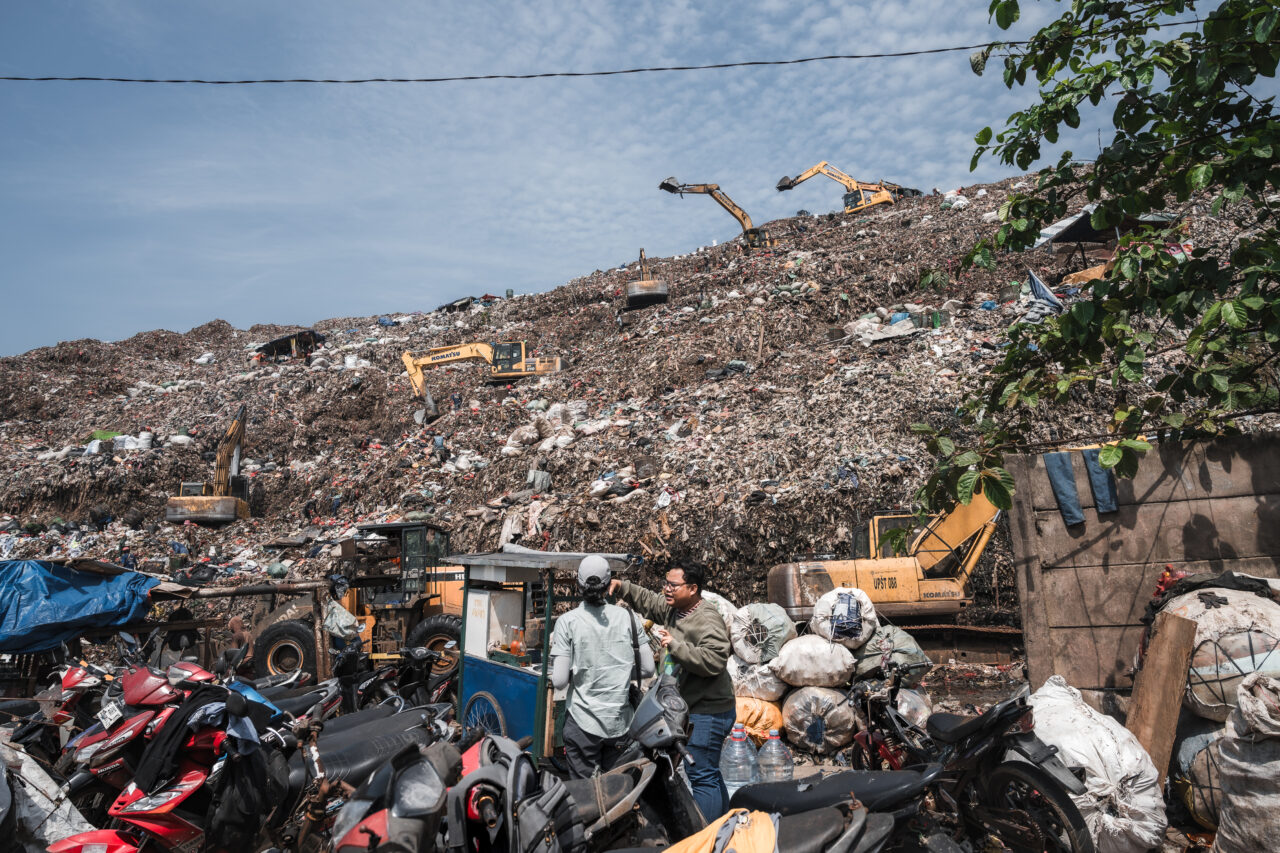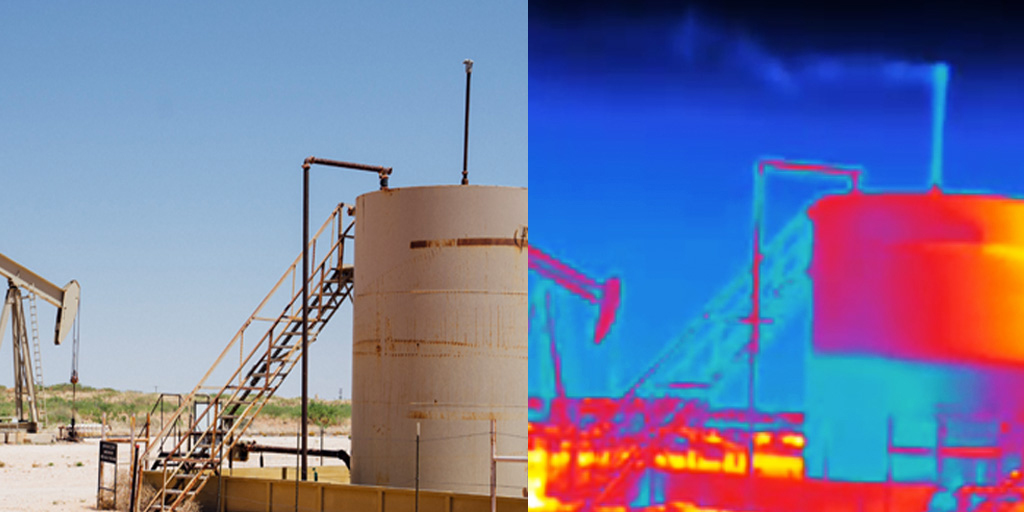Methane Emissions
Methane emissions are over 80 times more powerful than carbon dioxide in warming the planet over a 20-year period and stay in the atmosphere for a much shorter time. Reducing methane emissions is the fastest way to slow global warming and could reduce temperature increases by 0.3°C by 2040. This is a critical – and overlooked – complement to reducing carbon dioxide emissions. We support work to bring attention to methane, improve measurement and regulatory practices, drive financing towards action, and immediately reduce emissions at scale.
Our strategy is guided by:
A focus on low-cost, readily available solutions
Methane emissions from the energy sector account for more than 20% of all methane emissions (natural and human-caused). Readily available solutions exist to reduce energy-related emissions, often at no-net cost, or at a lower cost relative to other solutions. We support efforts to significantly reduce energy-related methane emissions by 2030.
A belief that you can’t manage what you can’t measure
Methane is invisible and odourless, making it difficult to measure. Emerging satellite technology shows that global emissions are significantly underestimated. Accurate measurement practices can make mitigation efforts more efficient and cost-effective. We work to improve measurement methods to identify sources of emissions accurately, bring attention to super emitters, and enable regulations, policies, and incentives to effectively bring down emissions.

What We Support:
- Methane emissions reductions globally: Our partners support global work to reduce methane emissions by at least 30% by 2030, focused on mitigation efforts across the energy, waste, and agriculture sectors. We are a founding funder of the Global Methane Hub, which coordinates philanthropic funding to catalyze methane mitigation globally, especially within the highest emitting sectors and regions.
- Canadian leadership on methane reduction from oil and gas: Canada is one of the largest producers of oil and gas globally. It is also the first country to have committed to reducing methane emissions from oil and gas by 75% by 2030. We support efforts to optimize this leadership opportunity, which would help Canada achieve its global climate change commitments and serve as a model for countries worldwide.



Grantee Spotlight
-
Global Methane Hub
The Global Methane Hub is a large-scale philanthropic effort to coordinate and accelerate action on reducing methane emissions – the quickest way to slow down warming and deter climate change impacts in the short term. Established in 2021 by a group of funders, including the McCall MacBain Foundation, the Hub convenes a global network of… Read More

